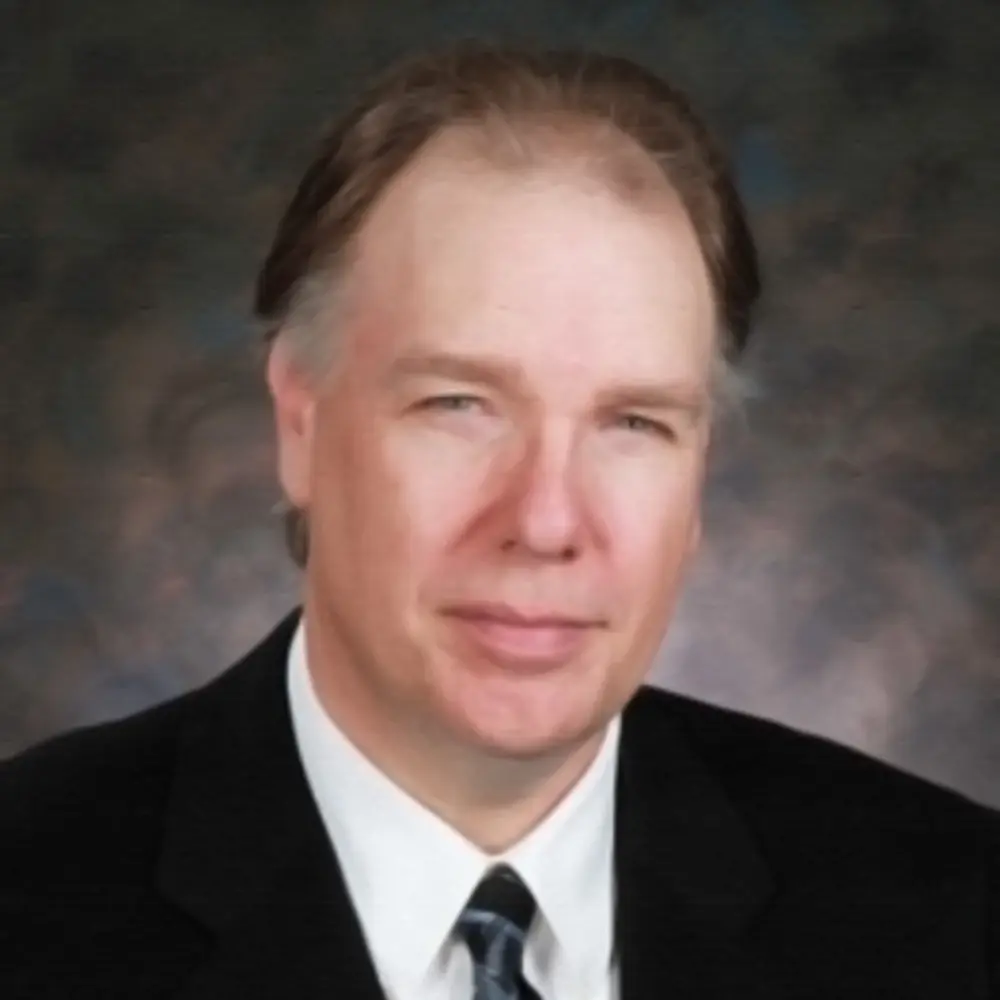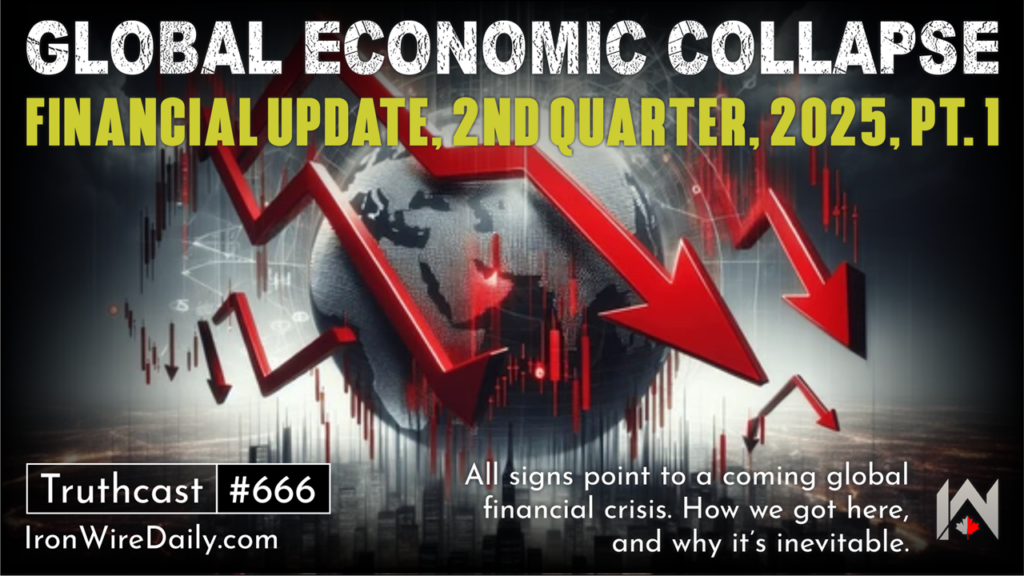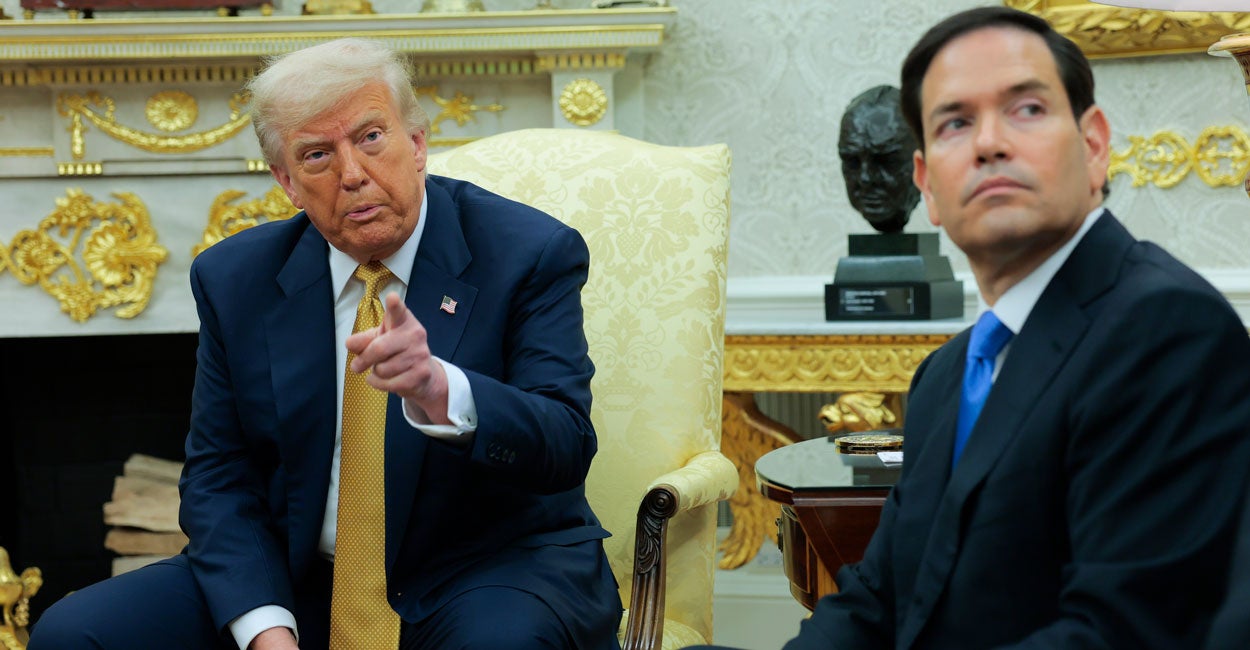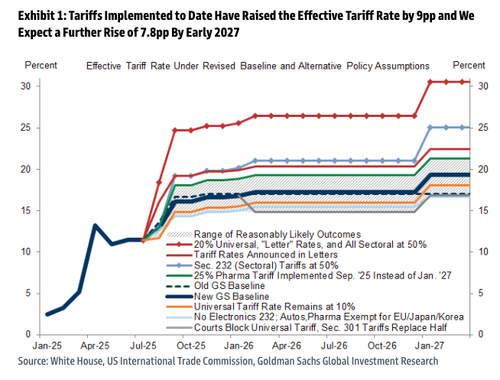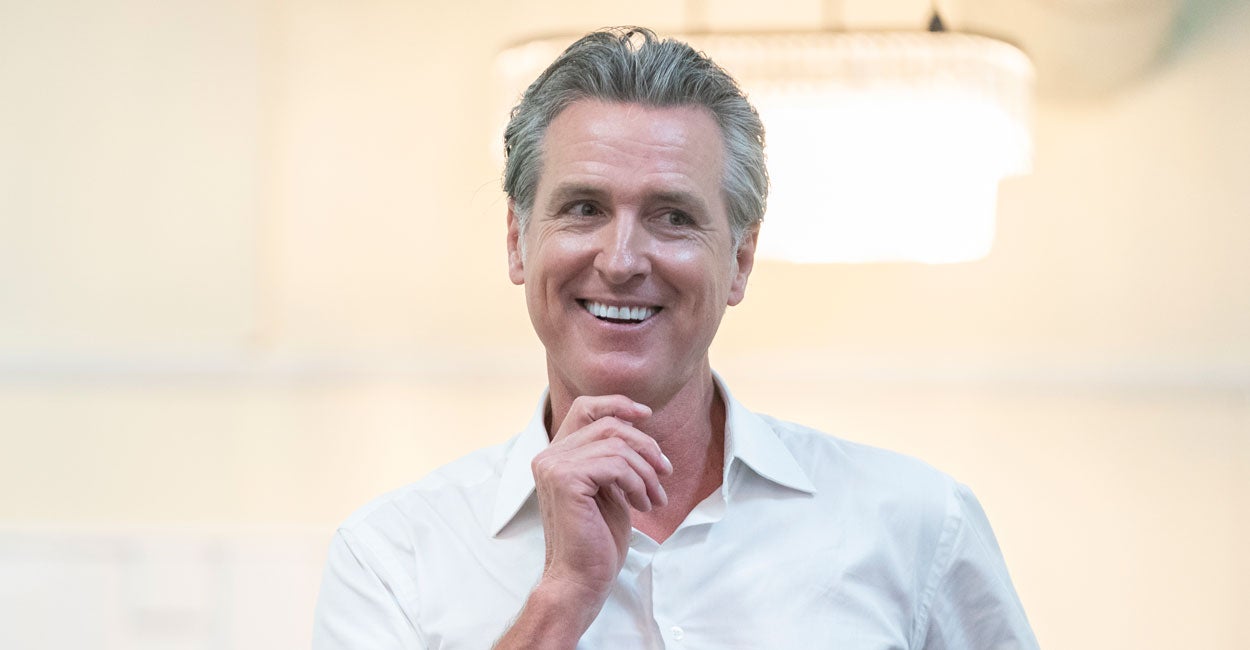The Problem Is Not Pluralism but Imposition

Rachael Bedard’s New York Magazine article, “Why Calling RFK Jr. ‘Anti-Science’ Misses the Point,” is one of the most conceptually sophisticated treatments to appear in legacy media regarding the Kennedy-era shift in public health governance. We commend the author for recognizing what many political and media figures have either denied or dismissed: that Robert F. Kennedy, Jr. does not reject science, but demands it—fully, correctly, and transparently practiced.
Bedard rightly frames Kennedy’s approach as a response to the erosion of public trust in the institutions of science, not in the scientific method itself. She perceptively highlights the failure of conventional “fact-based” rebuttals to regain credibility in a post-expert culture—where legacy appeals to consensus, peer authority, and institutional prestige no longer carry self-justifying weight. In acknowledging that science has become entangled with political and moral judgment, Bedard departs from the caricature of Kennedy as a reactionary or a conspiracist. For that, we thank her.
But her analysis ultimately lands just short of the mark—not because it is overly critical, but because it remains overly charitable to the very system Kennedy is working to reform.
Plural Rationalities Do Not Equal Plural Subjectivities
Bedard’s invocation of “plural rationalities” is meant to contextualize Kennedy’s appeal in a world where competing frameworks of meaning now coexist. But she mistakenly equates this with an embrace of multiple subjectivities—a kind of epistemological détente where facts must yield to feelings, and public discourse is governed by the soft consensus of “lived experience.” This is a category error.
What Kennedy and the MAHA Institute are restoring is not the validation of all viewpoints, but the reinstatement of evidentiary integrity as the shared terrain upon which disagreements can legitimately occur. The alternative to technocratic fiat is not epistemic relativism—it is the application of rigorous standards in the service of informed public deliberation, not behind closed doors but in view of the people science purports to serve.
Consent Is Not the Mess—Coercion Is
The article also omits a crucial piece of ethical context. Bedard implies that public health has become messy because science and values are now entangled, and “plural rationalities” make consensus unachievable. But the mess was not created by competing value systems. It was created by those who sought to eliminate value choice altogether—by imposing recommendations without full disclosure of uncertainty, conflict, or alternatives.
Risk assessment in the face of uncertainty is always messy; forcing a choice with partial information withheld to manipulate the perception of risk is a coercive tactic that is not allowed by the rules and laws governing informed consent, designed to protect individual rights from the chaos of mass rule.
Free, prior, and informed consent is not a source of chaos—it is a stabilizing precondition for legitimacy. The chaos arises only when consent is bypassed, truncated, or replaced with coercion—often justified by appeals to a “greater good” that was never defined, measured, or properly debated. It was precisely the abandonment of consent and the institutional panic that followed that forced public health agencies to rely on lower standards of evidence, selective publication, and in some cases, overt fraud to maintain behavioral compliance.
Had the public been informed honestly—about the limitations of the Covid vaccine trials, the failure to protect against transmission, the structural problems in the VAERS and VSD surveillance systems, or the mechanistic plausibility of immune suppression, and serious adverse events—many still would have consented. But they would have consented freely. That freedom, not plural subjectivities, is what Kennedy insists upon. And it is what the public now demands.
The Kennedy Bar: Not New, Just Long Abandoned
At the core of this shift is what we now recognize as The Kennedy Bar—a return to the standards of evidence, transparency, and biological plausibility that should never have been relaxed in the first place. This standard includes:
- Reliance on gold-standard evidence
- Mechanistic corroboration alongside statistical inference
- Full accounting of conflicts of interest
- Exclusion of ghostwritten and selectively published data
- Real-world validation beyond press release efficacy
- Transparency regarding policy trade-offs and alternative paths not taken
This is not a new paradigm. It is the structural memory of science, recalled and reinforced.
Consider, for example, Kennedy’s correct and longstanding engagement with the Burbacher et al. (2005) primate study on thimerosal. That research demonstrated persistent, essentially eternal deposition of mercury from thimerosal in brain tissue, yet it was categorically excluded from risk assessments by public health agencies more eager to preserve narrative consistency than explore emerging signals. It is still reliably and routinely misinterpreted. Kennedy cited the study not as rhetorical ammunition, but as a call to the return of institutional integrity based on evidence, not subjectivity. The institutions failed that test—not because they lacked access to good science, but because they rejected it when it became tactically inconvenient.
Bedard’s essay represents a meaningful step forward in the public understanding of Kennedy’s approach. But to complete the analysis, it must be said plainly: Kennedy is not elevating subjectivity. If there is any plurality, it is now encoded in the DNA of the public’s demand for the plurality of medical tactics for individual immunity. They have the right, and Kennedy honors it.
He is reasserting scientific objectivity where it was systematically suppressed. And the role of government in that suppression—particularly through coercive mandates and reliance on defective data streams—cannot be abstracted into sociological theory.
The Kennedy Bar is not about replacing old dogmas with new ones. It is about restoring the evidentiary high ground so that policy can once again be earned, not imposed.
We welcome all those who are willing to meet that standard—and we respectfully challenge those who are not.
-

Dr. James Lyons-Weiler is a research scientist and prolific author with over 55 peer-reviewed studies and three books to his name: Ebola: An Evolving Story, Cures vs. Profits, and The Environmental and Genetic Causes of Autism. He is the founder and CEO of the Institute for Pure and Applied Knowledge (IPAK) and Strategic Director of Policy Integration and Research Realignment at MAHA Institute.
